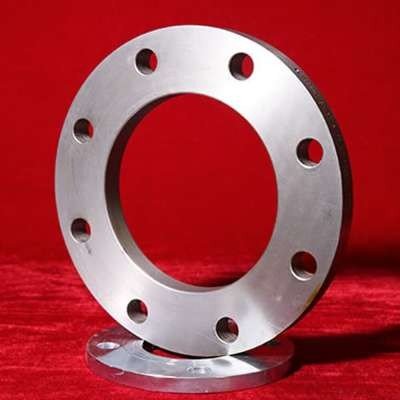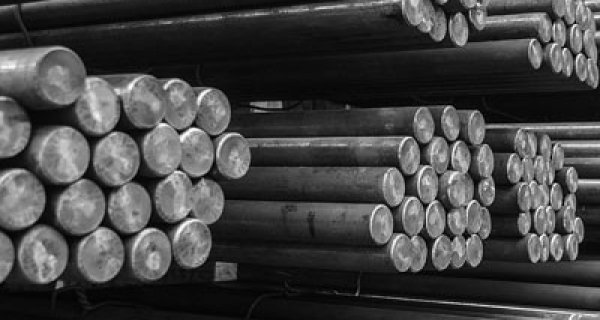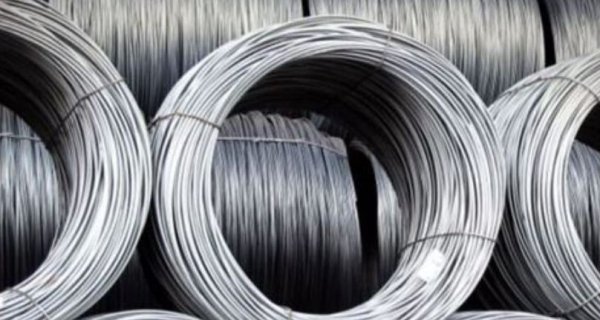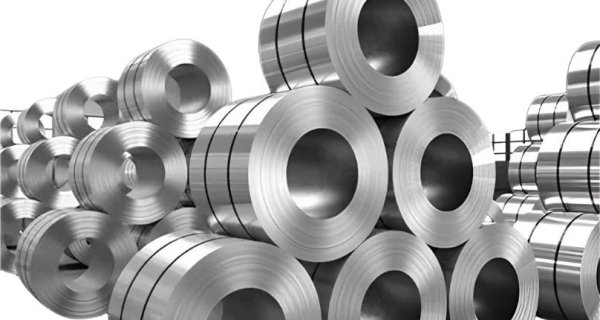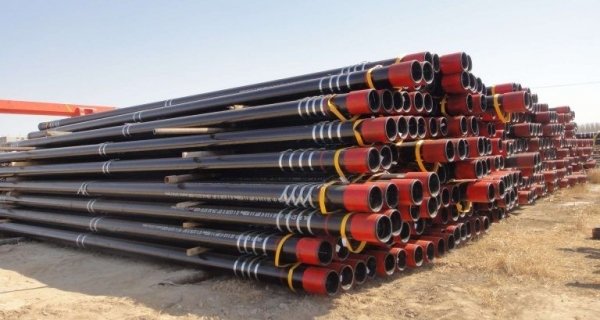5 Things You Need To When Sourcing Fasteners
Stainless Steel manufacturers suppliers dealers in India. Stainless Steel bolts, Stainless steel nuts, Stainless steel screws, Stainless steel washers, manufacturers, suppliers, dealers in India.
نشر منذ 6 سنوات في الصحف, محدث منذ 6 سنوات.
5 Things You Need To When Sourcing Fasteners
Fasteners are often the lesser priority, class C afterthought components in sourcing, yet they can drive product difficulty, inventory waste, & late program cost increases if not managed properly. Without them, our cars, homes, cell phones, & even the chairs we sit in would fall apart.
Knowing a few main features about the fasteners you are sourcing will accelerate & improve sourcing results. Below are five things you need to know when sourcing fasteners.
1) Material
Selecting the correct material for fasteners is not only significant when considering cost, but even more so when considering factors like strength, brittleness, & corrosion resistance.
Steel & stainless steel fasteners are the most common used & account for approximately 90% of all fasteners manufactured. Steel & stainless steel rule the automotive industry, along with plastic fasteners. Steel continues to gain popularity because of its tensile strength, durability, & high degree of formability. While stainless steel attracts its users through its corrosion resistance, it does lack the skill to be hardened to the same strength of hardened grade 5 & 8 varieties of steel.
2) Coating
Coatings are commonly used for one of two purposes: to add or increase corrosion resistance or for decorative & appearance purposes. Zinc, hot dip galvanizing, & chrome are among the most common fastener coatings.
Zinc plating provides better corrosion resistance in most environments, though it is prone to rust if the coating is damaged or if it is exposed to prolonged water submersion & humidity.
Galvanizing coats the fastener in a thick layer of zinc. This makes greater corrosion resistance, however galvanized bolts are not compatible with other nuts due to the thickness of the coating.
3) Type
There are endless different types of fasteners, but the most common are bolts, screws, nuts, washers, clips, & pins.
Within each of these categories are several more variations & each applications could require a new fastener to be engineered. When sourcing screws, for eg, it is significant to know the type of head that is required (flat head, pan head, truss head, etc.). Each type has its own distinct purpose.
Within each of these different fastener commodities you have the option of designing your product utilizing standard off-the-shelf components, or engineering your own unique fastener to best fit your purpose.
4) Size
Size is another differentiator that will determine where you can source your fastener from. It is common for fastener manufacturers to develop capabilities in certain size ranges, like M6 or larger & M5 or smaller. This is due to the equipment required for the different size ranges.
What does the “M” mean in screw sizing? In the modest terms, “M” is the major or nominal diameter, meaning the measurement of the outermost projecting part of the screw. This is frequently the measurement used to determine the general size of the screw, although there are many other measurements taken such as length, pitch, & thread sizing.
5) Source
Fasteners, disparate many other components, may be sourced through multiple channels instead of going directly through a manufacturer. The latter can be highly beneficial if you have very high volume & low diversity in parts. However, if you are in search of a superior variation of fastener types & sizes, in the mid- or low-volume range, a distributor may provide greater value for you, as many manufacturers will decay to quote lesser volume packages directly to a customer.
Logistically, a distributor can also be an benefit when sourcing several fasteners from numerous manufacturers. In this case, the distributor manages all logistics of obtaining the components from the manufacturers & the customer is only responsible for receiving them from the distributor.
